About Life House Duluth
Welcome to Life House Duluth. We offer a variety of services to help those struggling with addiction, including alcohol rehab, dual diagnosis, and opioid addiction. We also offer programs for adults, men, women, and young adults. Our outpatient rehab and sober living homes provide the support and resources you need to recover and live a healthy, productive life. We offer cognitive behavioral therapy, group therapy, individual therapy, and trauma therapy to help you heal the underlying issues that contribute to your addiction. Our goal is to help you achieve lasting sobriety and to provide the support you need to maintain your sobriety for the long term. Thank you for choosing Life House Duluth.
Addiction Treatment Programs
Alcohol Rehab
If you’re struggling with your alcohol use, consider an alcohol rehab in Minnesota. Alcohol programs address the mental, emotional, and relational issues that may contribute to addiction. You’ll learn to build a new support network that supports your long-term sobriety.
Dual Diagnosis
If you have both a mental health condition and substance use disorder, you need dual diagnosis treatment in Minnesota to address both issues together. Along with traditional evidence-based substance use treatment, clients may receive mental health counseling, medication, peer support, and other tools to help them manage their mental health.
Opioid Addiction
If your life has been negatively impacted by opioid addiction, a high-quality rehab in Minnesota can help. These treatment programs offer detox, inpatient treatment, and outpatient care. You may receive individual, group, and family counseling, peer support, and classes in essential life skills.
Adult Program
An adult program in Minnesota can help clients make healthier life choices and avoid common mistakes. Along with traditional evidence-based treatment, clients may receive employment support, parenting classes, and help securing housing.
Men's Rehab
When people join a men’s rehab in Minnesota, they are able to tackle gender-specific issues while receiving treatment. Along with traditional evidence-based treatment, clients may receive education on topics relevant to men, such as fatherhood, healthy relationships, emotional vulnerability, and more.
Women's Rehab
A women’s rehab in Minnesota can provide every level of care while addressing the unique needs of women. Along with traditional evidence-based treatment, clients may receive help with childcare, classes in parenting, and advice about being a working mother and building healthy relationships.
Young Adult Rehab
If you’re a young adult struggling with substance use, consider a young adult rehab program in Minnesota. Along with traditional evidence-based treatment, clients may receive educational support, employment training, and help securing housing.
Insurance Coverage
Medicaid
If you qualify, Medicaid can help pay for some or all of the costs of rehab in Minnesota. Medicaid often covers the full cost of rehab if you choose a center that accepts it. You can look for multiple types of care, including detox, inpatient, and outpatient.
Medicare
If you’re looking for ways to pay for rehab in Minnesota, consider using Medicare. You may have out-of-pocket costs such as a deductible or copay, and you’ll want to look for a treatment center that accepts your Medicare coverage.
Levels of Care
- 1
Outpatient Rehab
Outpatient treatment in Minnesota can provide a great way to practice and reinforce new habits formed in residential rehab programs. Outpatient treatment includes multiple approach, including cognitive behavioral therapy (CBT), motivational interviewing (MI), and holistic therapy options.
- 2
Aftercare Support
It’s easy to wonder what’s next after treatment, but fortunately, aftercare in Minnesota can provide ongoing support. The end of treatment is far from the end of the story, so take advantage of aftercare resources such as sober living, 12-step and other support groups, peer coaching, and more.
- 3
Sober Living Homes
A key part of long-term recovery in Minnesota is to have a safe, substance-free living environment, which is known as sober living. The end of treatment is far from the end of the story. Sober living gives you a solid foundation of support while you build your new, substance-free life.
Therapies
Cognitive Behavior Therapy
The goal of cognitive behavioral therapy (CBT) in Minnesota is to address negative thinking patterns to create positive change. CBT is a common part of evidence-based treatment programs and may be a part of inpatient treatment, outpatient care, or both. CBT can be empowering as you learn to manage your thoughts and emotions rather than being overwhelmed by them.
Group Therapy
Group therapy in Minnesota can provide encouragement, support, and accountability as you work through substance use treatment. Group therapy is a normal part of evidence-based treatment programs, and may be a part of inpatient treatment, outpatient care, or both. Topics include addiction education, sharing of experiences, and learning new skills.
Individual Therapy
During individual therapy in Minnesota, clients have a confidential environment to work through their struggles with a professional. Individual therapy is a common part of both inpatient and outpatient substance use treatment and may be used to help with skill-building, overcoming trauma, and creating a substance-free lifestyle.
Trauma Therapy
Talking about what you’ve been through and how it impacted you is an important way to heal, and trauma-informed therapy in Minnesota gives you that opportunity. Trauma-informed therapy sessions generally last 60 to 90 minutes and may include discussing a specific event, talking about emotional triggers, and learning emotional regulation and cognitive restructuring skills.
Location
Contact Life House Duluth
Top Drug Rehab Centers in Minnesota
-
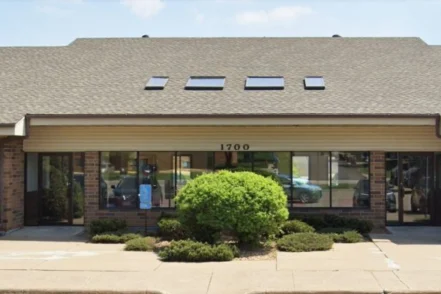 Minnesota
MinnesotaTwin City Chemical Health Services
1700 Livingston Avenue, Suite 102 West St. Paul, Minnesota 55118
-
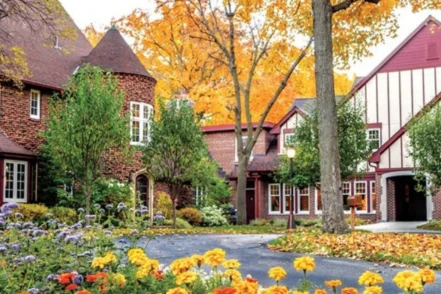 Minnesota
MinnesotaThe Retreat Wayzata
1221 Wayzata Blvd E Wayzata, Minnesota 55391
-
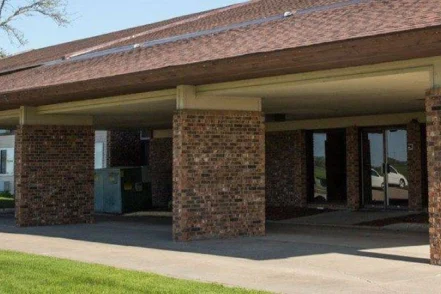 Minnesota
MinnesotaDouglas Place
1111 Gateway Drive Northeast East Grand Forks, Minnesota 56721
-
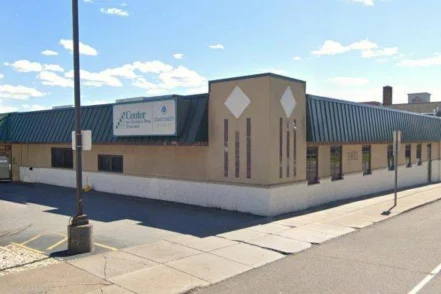 Minnesota
MinnesotaCADT Center for Alcohol and Drug Treatment
1402 East Superior Street Duluth, Minnesota 55805
-
 Minnesota
MinnesotaMeridian Behavioral Health New Brighton
550 Main Street, Suite 230 New Brighton, Minnesota 55436
-
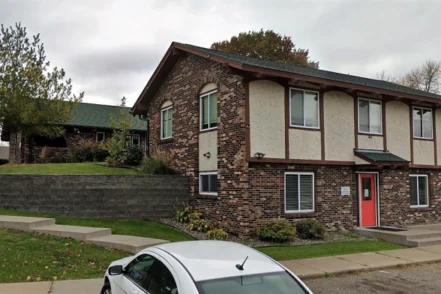 Minnesota
MinnesotaAnthony Louis Center Blaine
1000 Paul Parkway Minneapolis, Minnesota 55434
-
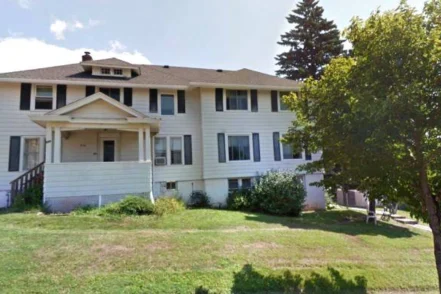 Minnesota
MinnesotaCADT Howard Friese House Hillside
714 North 11th Avenue East Duluth, Minnesota 55805
-
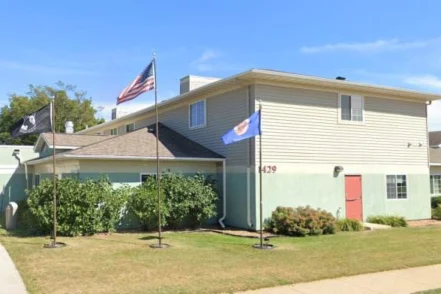 Minnesota
MinnesotaHouse of Hope Inc Mankato
1429 3rd Avenue Mankato, Minnesota 56002
-
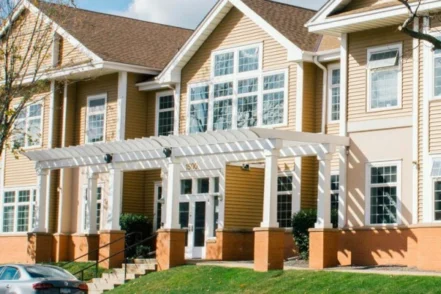 Minnesota
MinnesotaTurning Point Minneapolis
1500 Golden Valley Road Minneapolis, Minnesota 55411
-
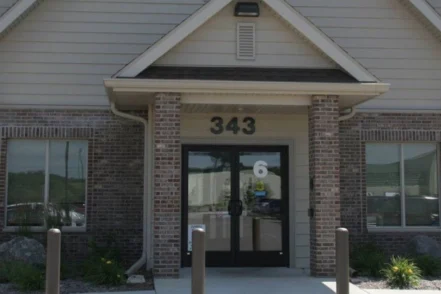 Minnesota
MinnesotaZumbro Valley Health Center Woodlake Drive
343 Woodlake Drive Se Rochester, Minnesota 55904